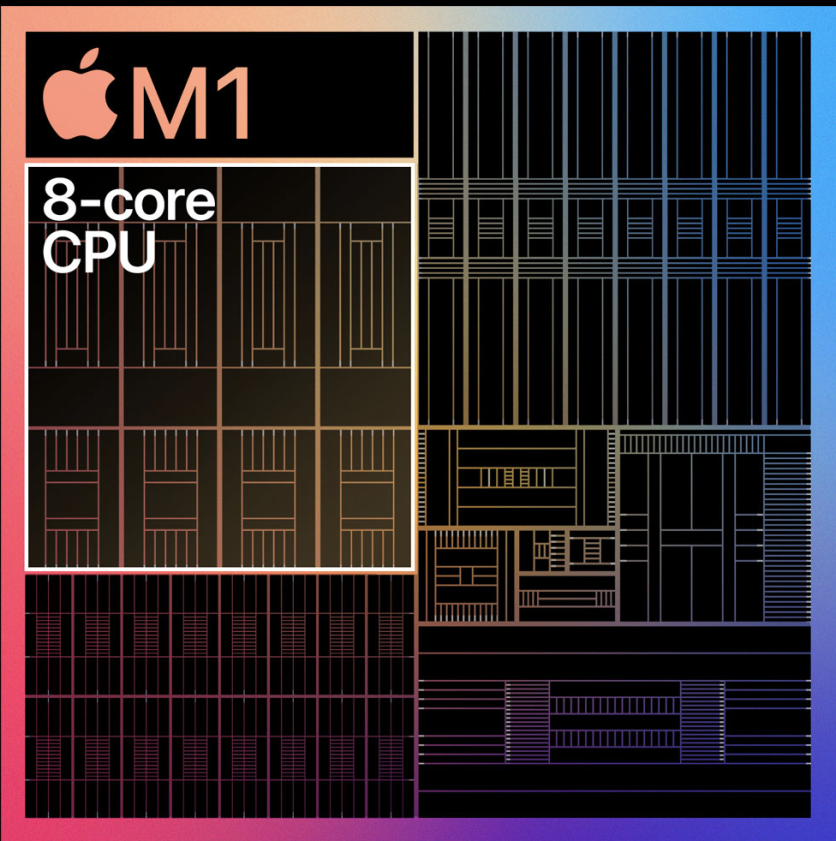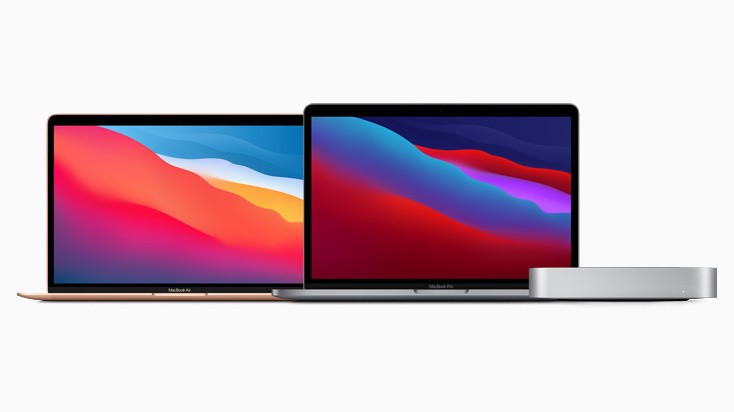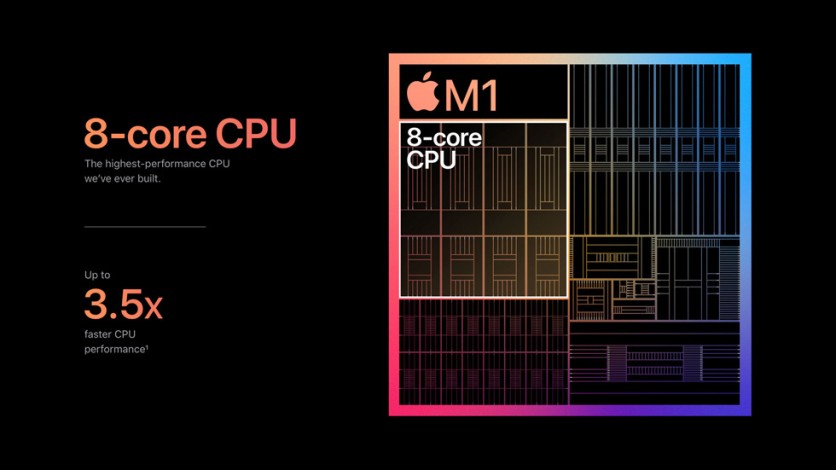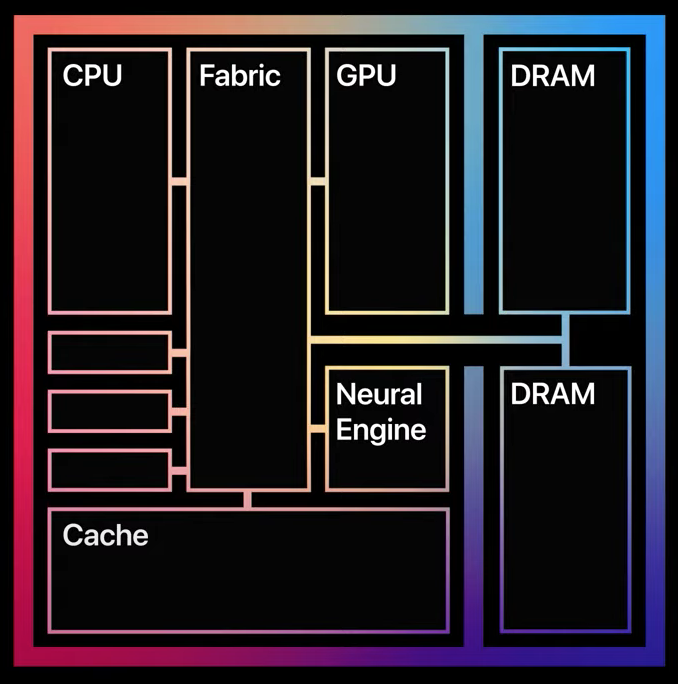Apple's recently released M1 ARM-based Silicon chips are the company's fastest CPU that features a system-on-chip (SoC) function, making the complete transition from Intel a breeze. Apple regarded the Silicon chip to have a "multi-core performance," which took the industry by storm, and according to one of its developers' deep dive, that is not the only secret of M1.
The most valuable multinational technology company, Apple, received massive recognition and praise from tech reviewers, tech experts, and the public to release the devices with M1 chips. The new processor gave the Macs a future generation of its standalone chip that rivaled its previous partner.
Apple has been running with Intel-powered Macs for a long time until its most recent "surprise" release of ARM-based M1 Macs last November 10 under the "One More Thing" event. The event that released the new MacBooks and the Mac Mini also signifies its farewell to Intel Macs.

According to Mac Rumors, One of the M1's Developers, Erik Engheim, recently posted a "deep dive" on Medium that answers the fundamental questions that make the ARM-based silicon faster than any other Macs. The developer's post tried to address all of the wonders and bugging questions mesmerized on M1's performance on new Macs.
The developer argued that Apple's M1 Chip is a Microprocessor CPU that immediately sets itself apart because of its multiple tasks and function it intends to accomplish. Comparing to Intel and AMD, both companies' CPUs focus mostly on the general process, while Apple's M1 has "specialized tasks" to optimize usage.
Apple M1: Specialized Chip for Specialized Tasks-More than General Processing
The popular System-on-chip (SoC) M1 is known for its 8-core CPU, 8-core GPU, image signal processor, unified memory, SSD integration controller, and a whole lot more. These are housed in a single 5-nanometer (nm) chip that controls the entire PC Laptop MacBooks or Mac Minis.

According to Erik Engheim's Medium post, the M1 is not a CPU. Instead, it is an entire system of processes that houses almost all of the computer's operations (including the CPU) into one silicon package. Each core of M1's octa-core systems read an entire process of memory instructions and perform various calculations.

What sets M1 apart is its unified memory architecture that directly allows the CPU and GPU to work together and exchange information, making way for faster processes and combined powers from both systems. Other technologies have no systems like this as they only allow copying data and information from one system to another.
Apple's Self-Sufficiency: Also the Key to M1's Success and Speeds
The developer regarded Apple's independence as the success of M1's integration to Mac's lineup that would soon see the entire fleet to be powered by the Silicon chip. Engheim said that Apple's standalone approach to providing its tech made way for the M1's success and speeds that do not rely on other companies' needs.

Unlike Intel, AMD, Nvidia, Microsoft, and other laptop brands, Apple does not need to create a chip that adheres to different companies' needs to match their systems. The M1 is made for Apple, by Apple, making it complement the entire computer's structure and processes.
Related Article : Apple M1 Chip Vs Intel: Next-Gen Macs Will Be Way Better But With One BIG Disadvantage!
This article is owned by Tech Times
Written by Isaiah Alonzo
ⓒ 2026 TECHTIMES.com All rights reserved. Do not reproduce without permission.




